Found Muji
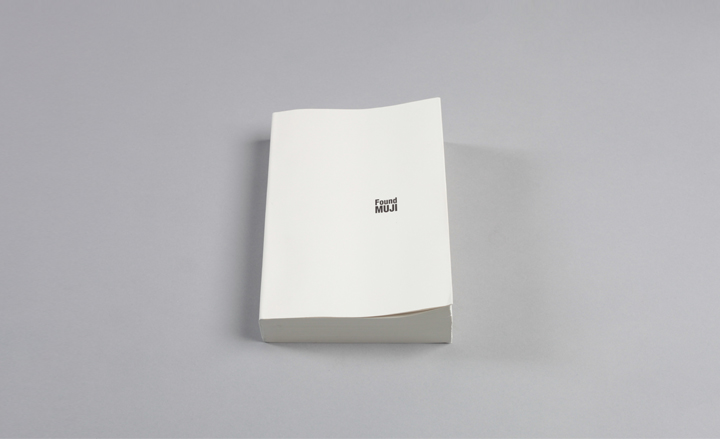
For almost thirty years, Muji's austere (and occasionally whimsical) stores have offered palette-cleansing, conscious-salving and financially low-impact retail therapy. In Japan that therapeutic hit can come with the small thrill of picking up a retractable pencil or the bigger high of ordering an off-the-peg house.
Its latest project though, is very much a return to first principles. Led by long-term Muji associate Naoto Fukasawa, Found Muji is a collection of un-branded, low-cost and often handcrafted household objects. These have been 'found' by Muji and do things the Muji way (and are a sort of commercial extension to Fukasawa and Jasper Morrison's 'Supernormal' project). Though in some cases Muji has intervened and asked the manufacturers to make slight adjustments, the point of the range is that the designs are largely left as Muji found them.
It is a measure of how much the new initiative means to Muji that it has turned over its first ever Tokyo store, in Aoyama, to this new concept. Redesigned by Fukasawa, it will serve as a model for Found Muji corners in other stores in Japan and then further afield.
On display and for sale is enamelware from France, feather dusters from Germany, metal pots from India and tableware from Thailand. Many of the products, and the places discovered, are photo-documented in the rather lovely Muji-made book.
Of course, the project is not without its contradictions. After all, these are just the sort of 'un-designed' essentials that Muji has offered sharper-edged upgrades to. But Muji is now using its considerable non-brand brand power to bring business to the hands of local makers and manufacturers.
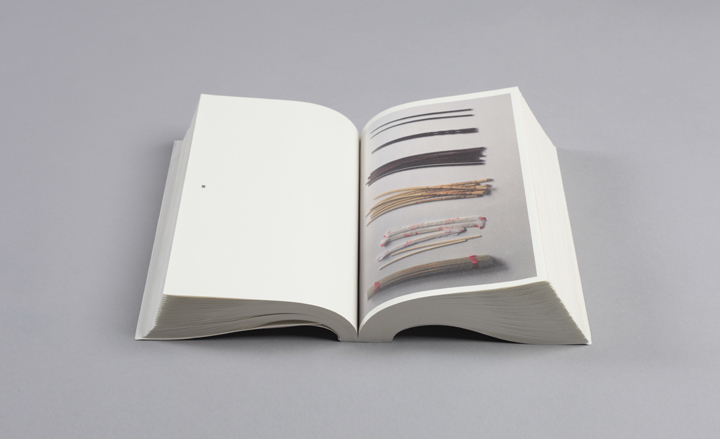
For sale is enamelware from France, feather dusters from Germany, metal pots from India and tableware from Thailand. Pictured are chopsticks from China
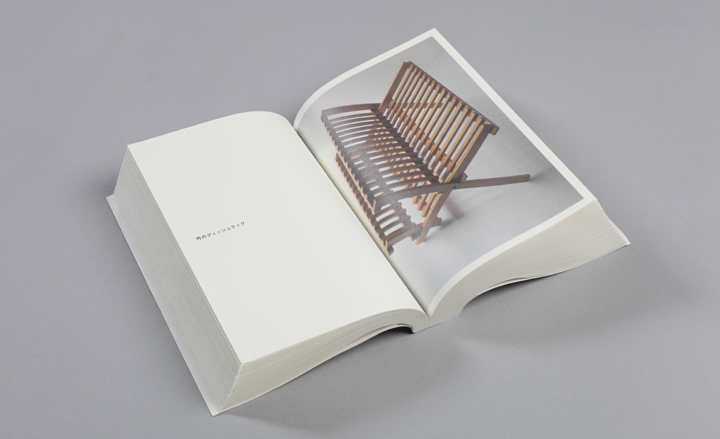
Bamboo dish rack from China
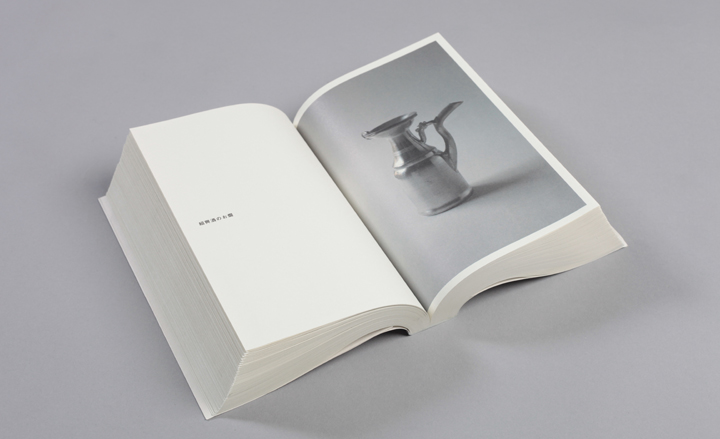
Traditional Shaoxing wine carafe from China
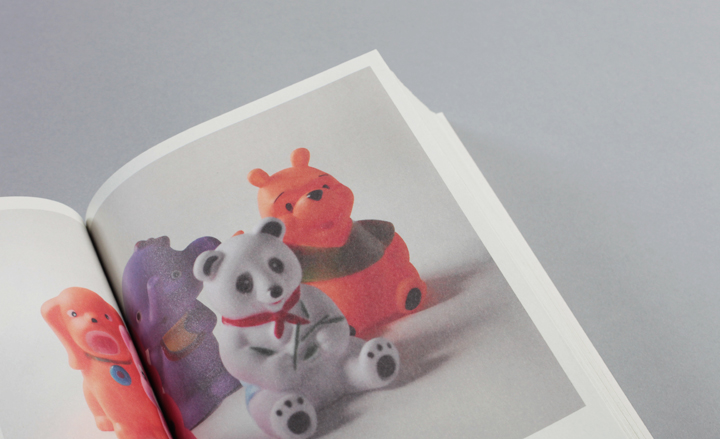
Toys from China
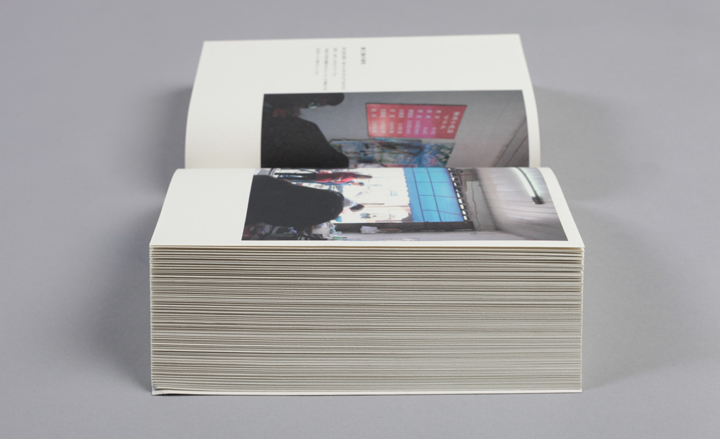
A traditional breakfast café, depiciting daily life in China
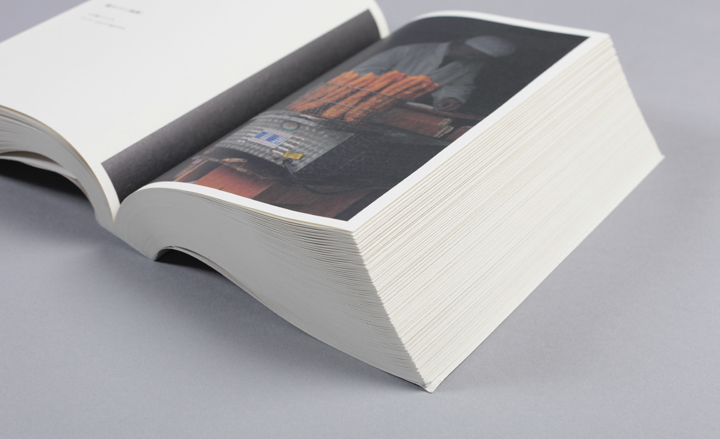
Fried bread, traditionally served for breakfast, China
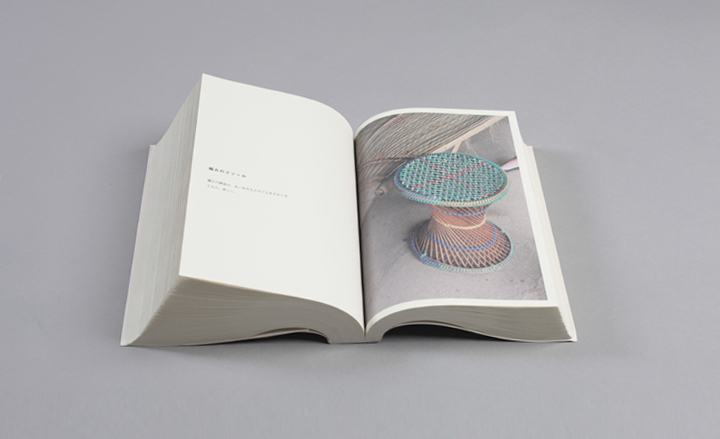
Woven stool from Thailand
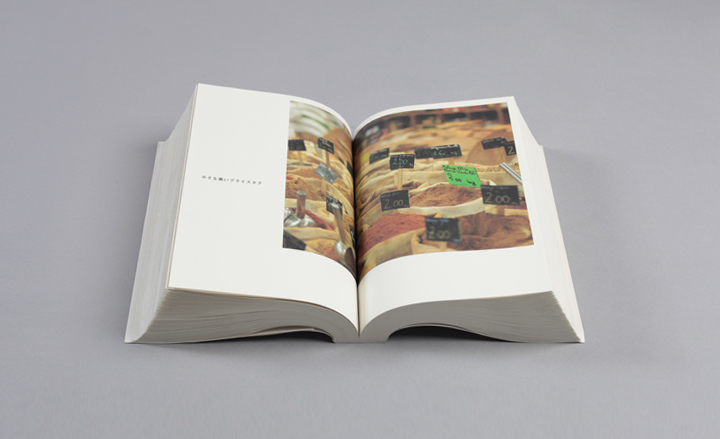
Small black price tags on various spices from France
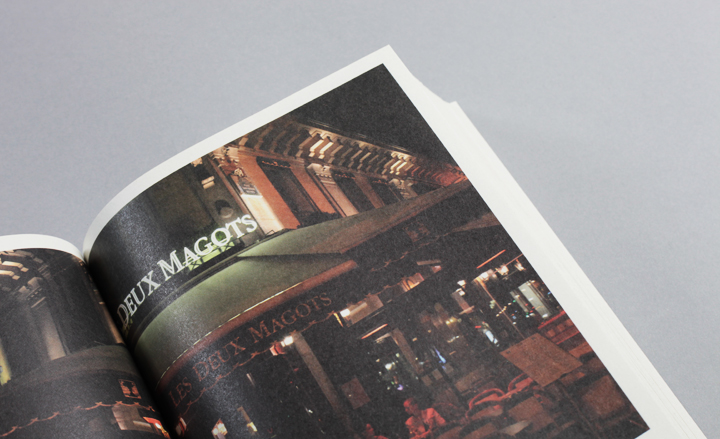
Historical café, France
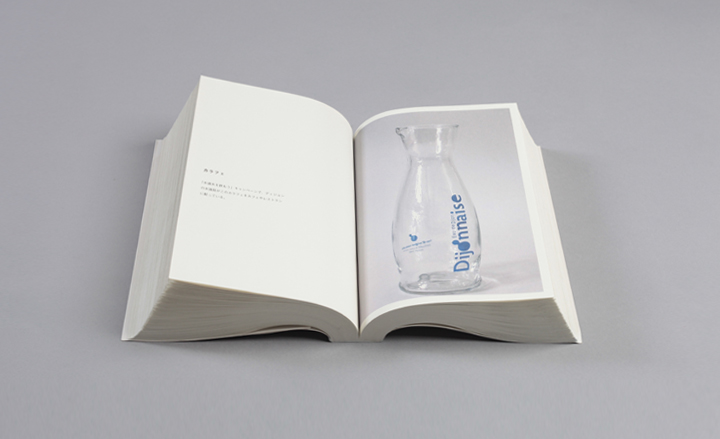
Dijonnaise water carafe from France, given to cafes in a campaign to promote tap water
Wallpaper* Newsletter
Receive our daily digest of inspiration, escapism and design stories from around the world direct to your inbox.
-
 Gallic automotive luxury and craft come to the fore in the unique Presidential DS N°8
Gallic automotive luxury and craft come to the fore in the unique Presidential DS N°8DS Automobiles has created a new conveyance for President Macron. This one-off DS N°8 continues a long tradition of supplying cars to the presidency
-
 Book a brutalist one-room wonder Down Under, the Vipp Tunnel in Tasmania
Book a brutalist one-room wonder Down Under, the Vipp Tunnel in TasmaniaThe Danish design brand's bookable showcases arrive in the southern hemisphere, thanks to the vision of Tasmanian architectural firm Room 11
-
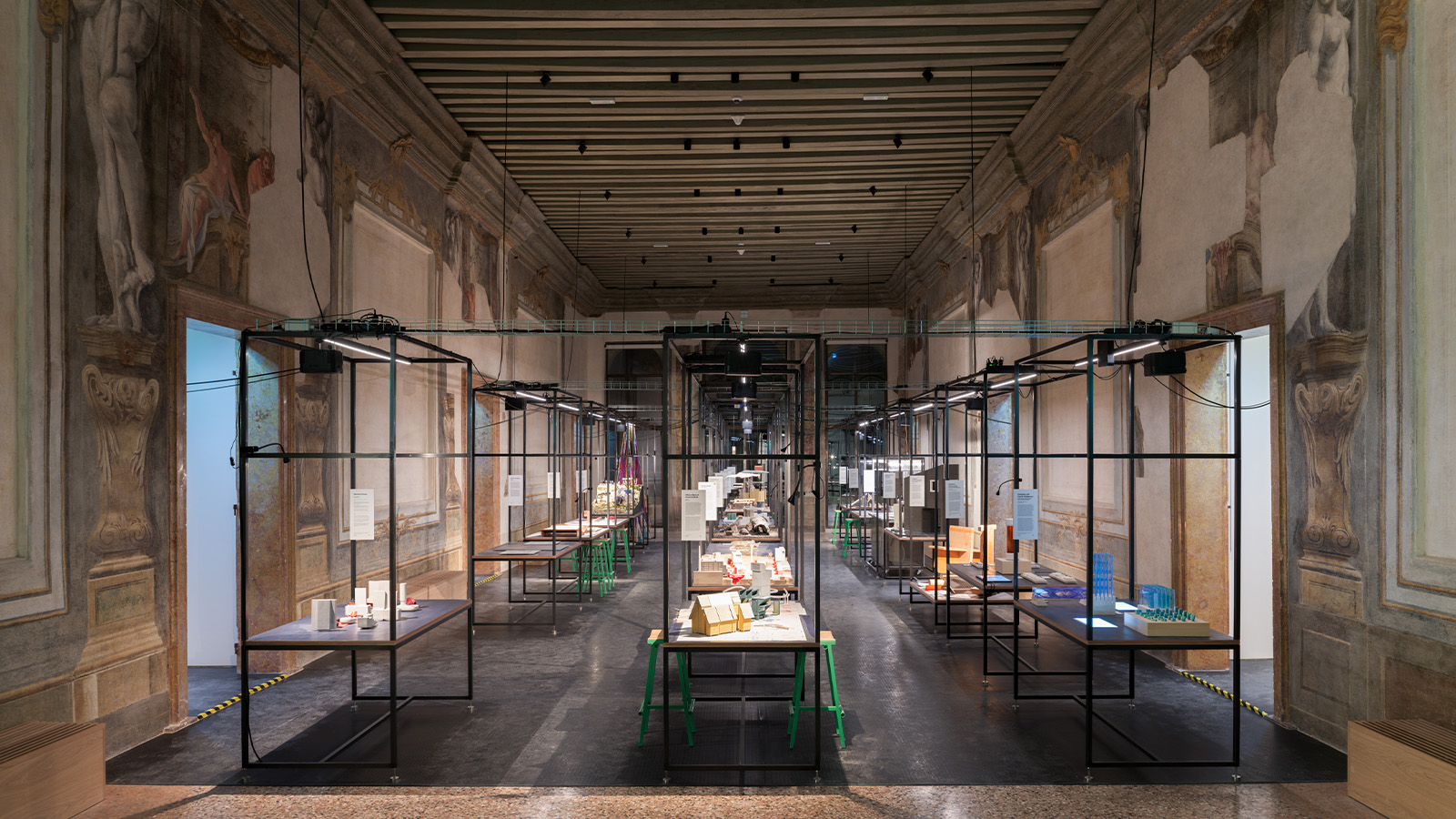 From 3D printed mud homes to portable kitchens, in Venice, we explore new ways to co-exist with our planet
From 3D printed mud homes to portable kitchens, in Venice, we explore new ways to co-exist with our planetAt Palazzo Diedo a new exhibition by MIT Architecture and Antikythera questions how construction is currently understood in order to ‘rebuild’ our world, for 19th Venice Architecture Biennale
-
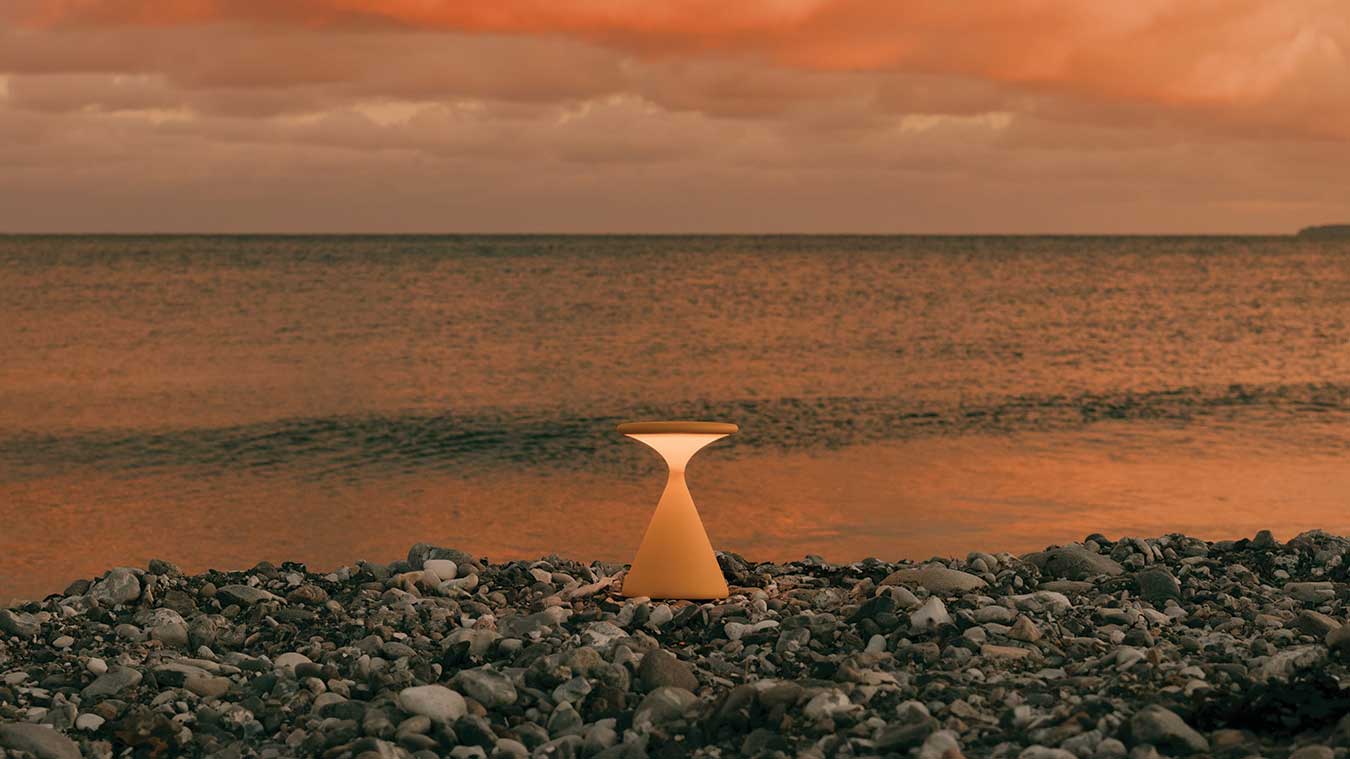 Portable lights to illuminate your winter nights
Portable lights to illuminate your winter nightsThe best portable lights and where to buy them: brighten up your summer nights with this edit of portable lamps for your desk and garden
-
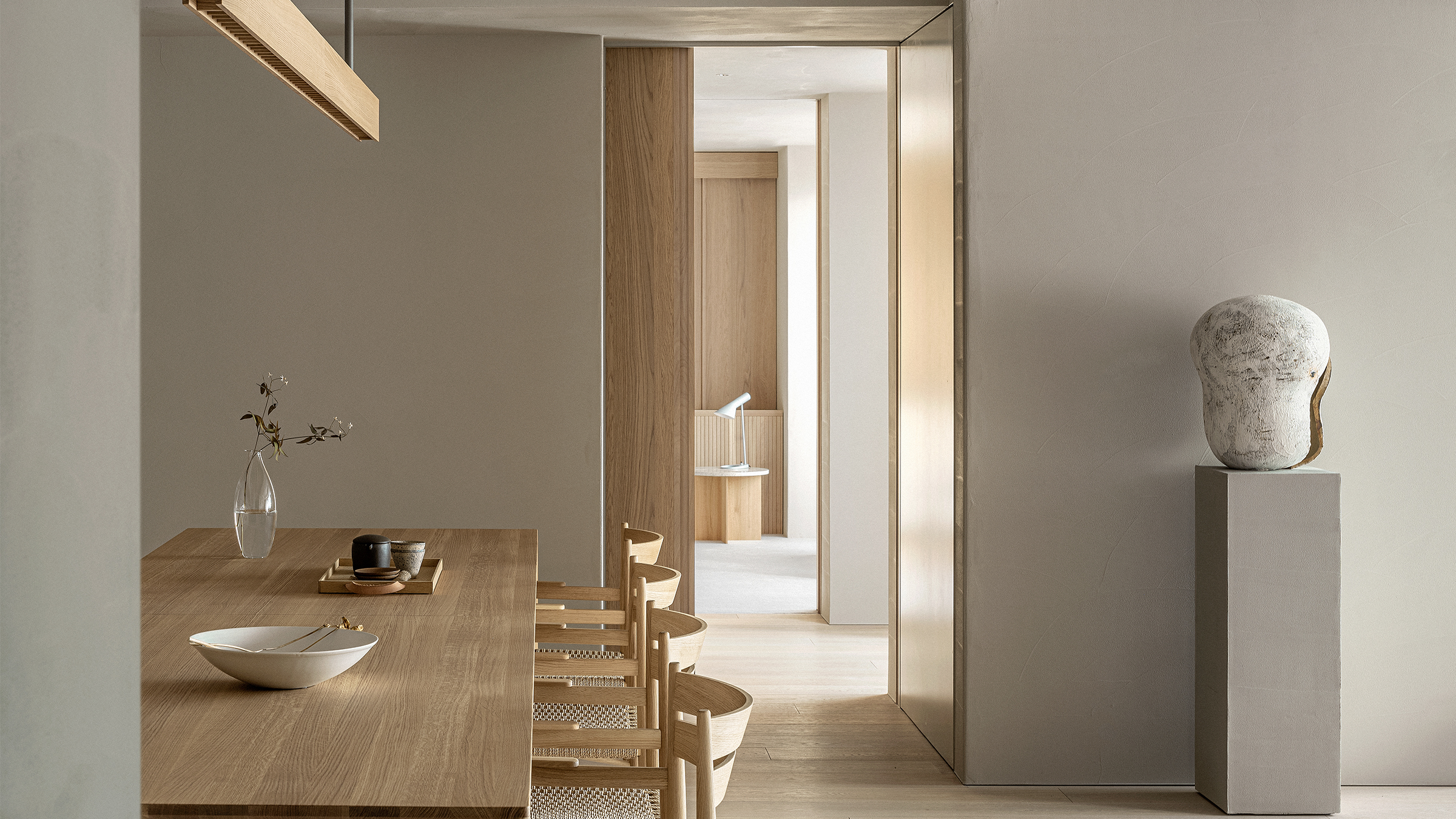 Karimoku's Hiroo Residence celebrates tranquillity in central Tokyo
Karimoku's Hiroo Residence celebrates tranquillity in central TokyoJapanese furniture brand Karimoku’s latest bespoke interior collaboration, Hiroo Residence is a soft-textured Tokyo haven
-
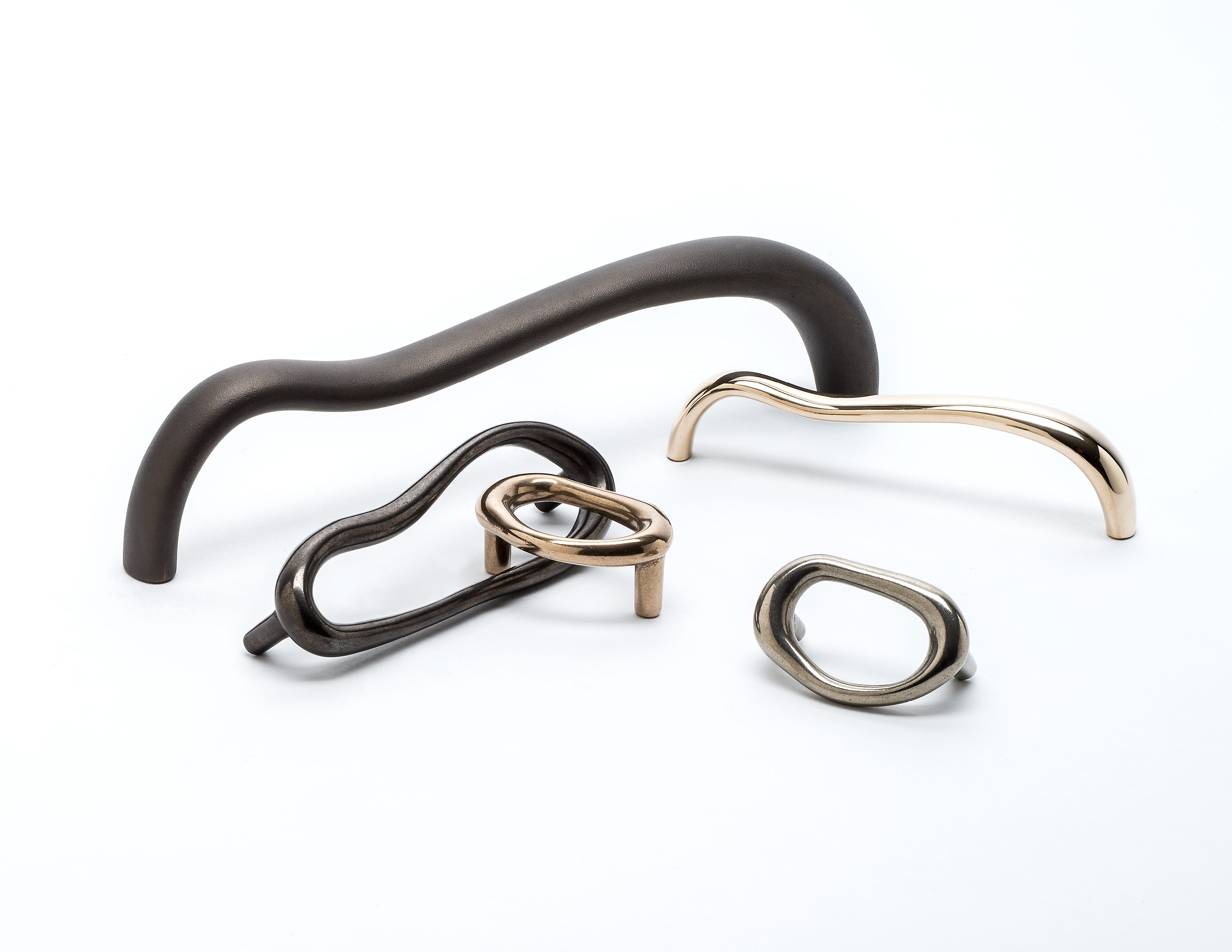 Door handles and knobs: latest designs for quick home updates
Door handles and knobs: latest designs for quick home updatesDoor handles and beyond: open the door to a world of practical design details and ideas for door furniture with our selection of architectural ironmongery from some of the world's leading designers and makers
-
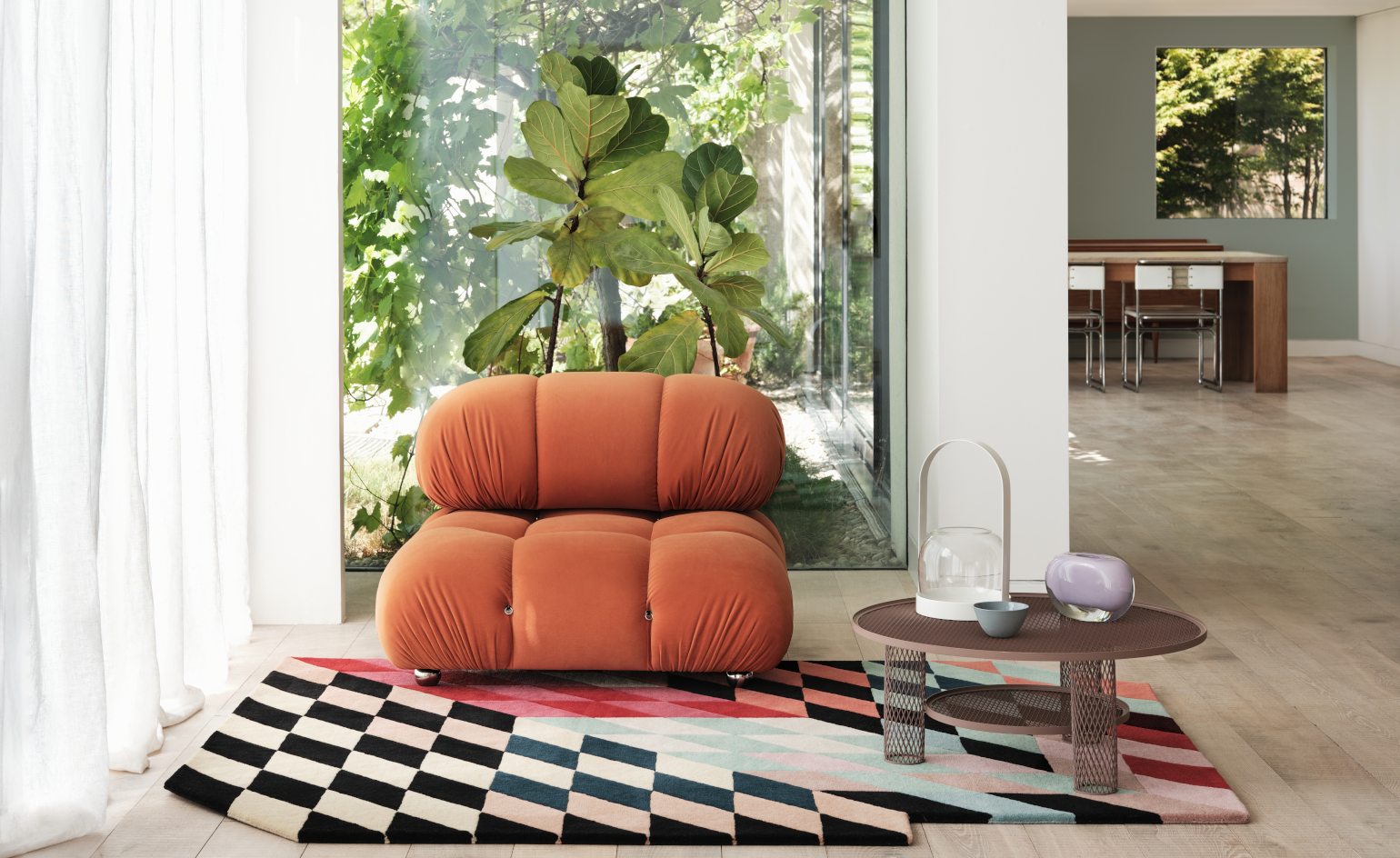 This new rug release from Floor Story is causing a cosmic eclipse
This new rug release from Floor Story is causing a cosmic eclipseKangan Arora and Floor Story have designed ten otherworldly illusions of form and tone – the ‘Cosmic Check’ and ‘Falling Shadows’ rug collections
-
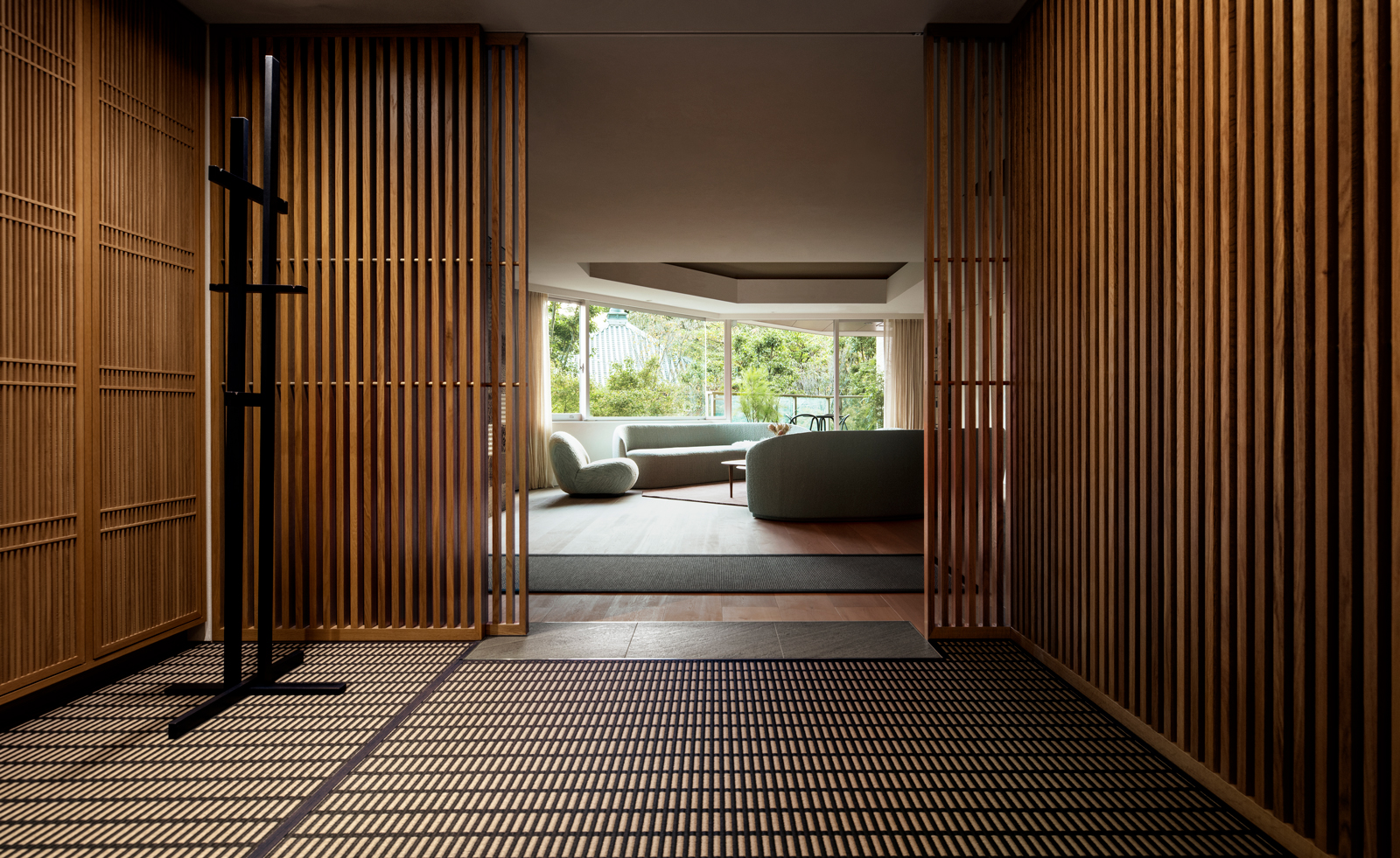 Scandinavian design meets Japanese heritage in OEO Studio’s Tokyo apartment
Scandinavian design meets Japanese heritage in OEO Studio’s Tokyo apartmentOEO Studio has collaborated with Japanese property developer ReBita on a luxury new apartment at Tokyo’s Opus Arisugawa Terrace & Residence
-
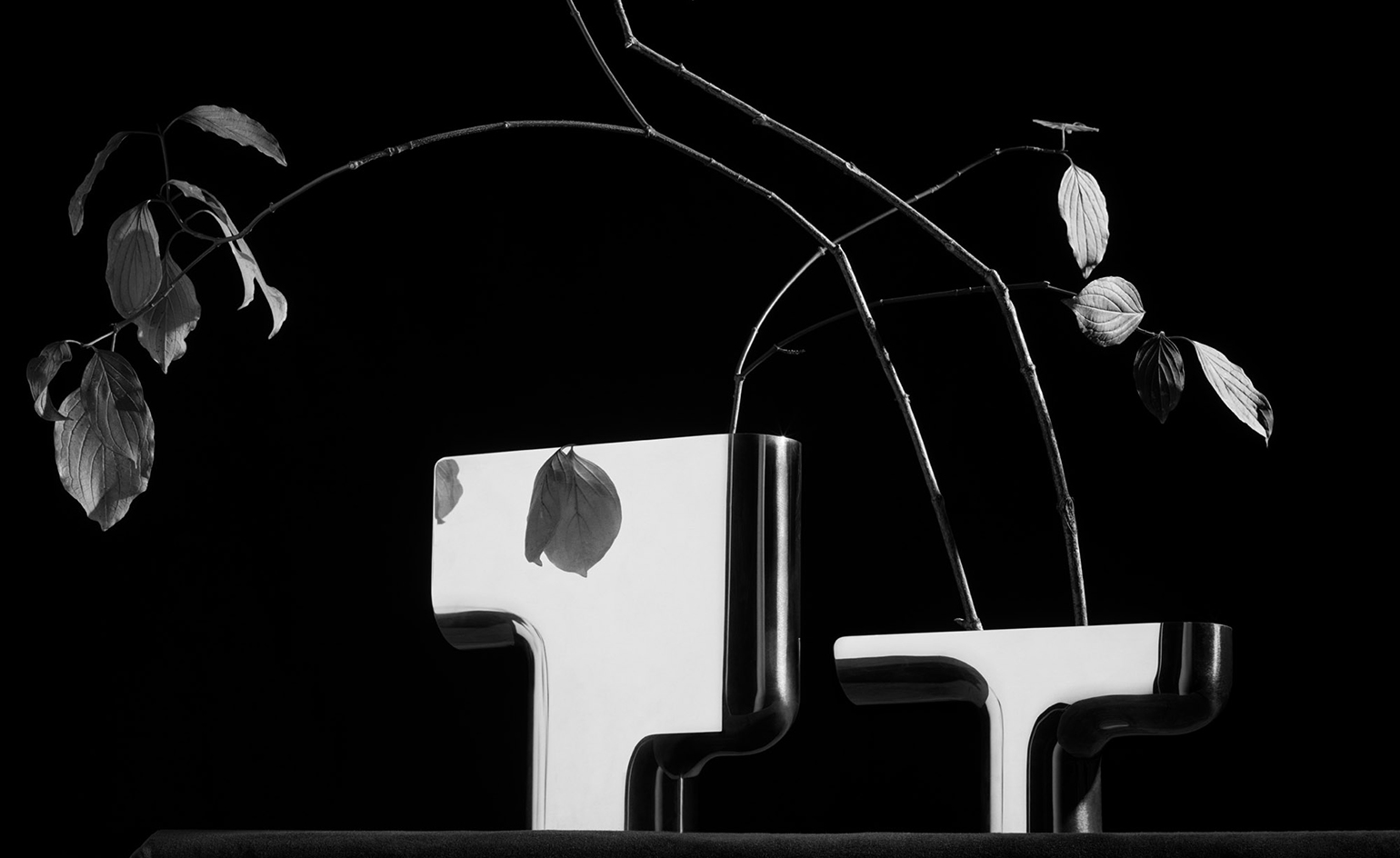 Nendo and Georg Jensen create silver vases inspired by nature
Nendo and Georg Jensen create silver vases inspired by natureJapanese design studio Nendo and Danish silversmith Georg Jensen create a set of three silver vases that combine organic forms and minimalist aesthetics
-
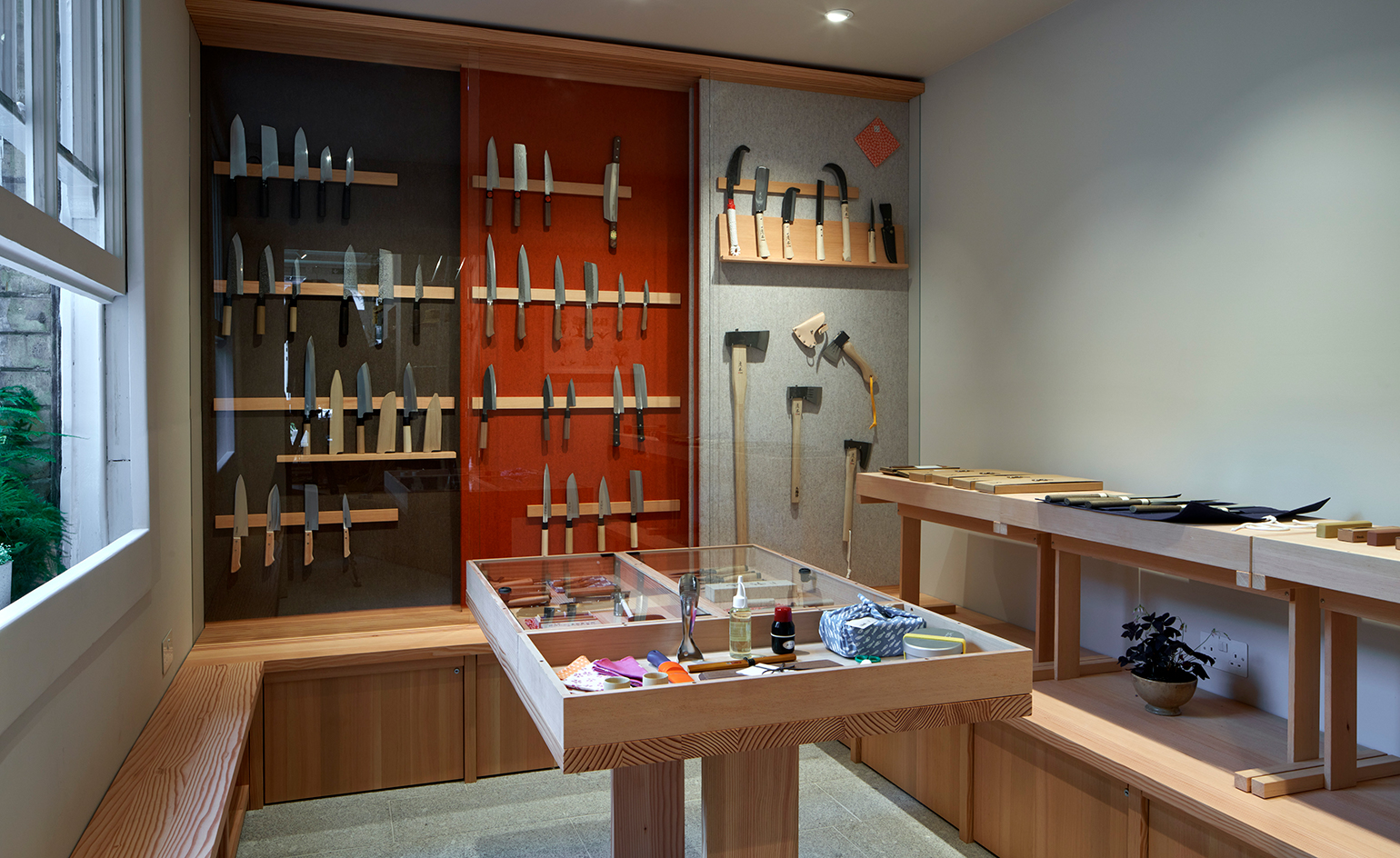 Niwaki is a new outlet for Japan’s most innovative tools
Niwaki is a new outlet for Japan’s most innovative toolsNew London store Niwaki sells exquisitely crafted Japanese gardening tools and workwear
-
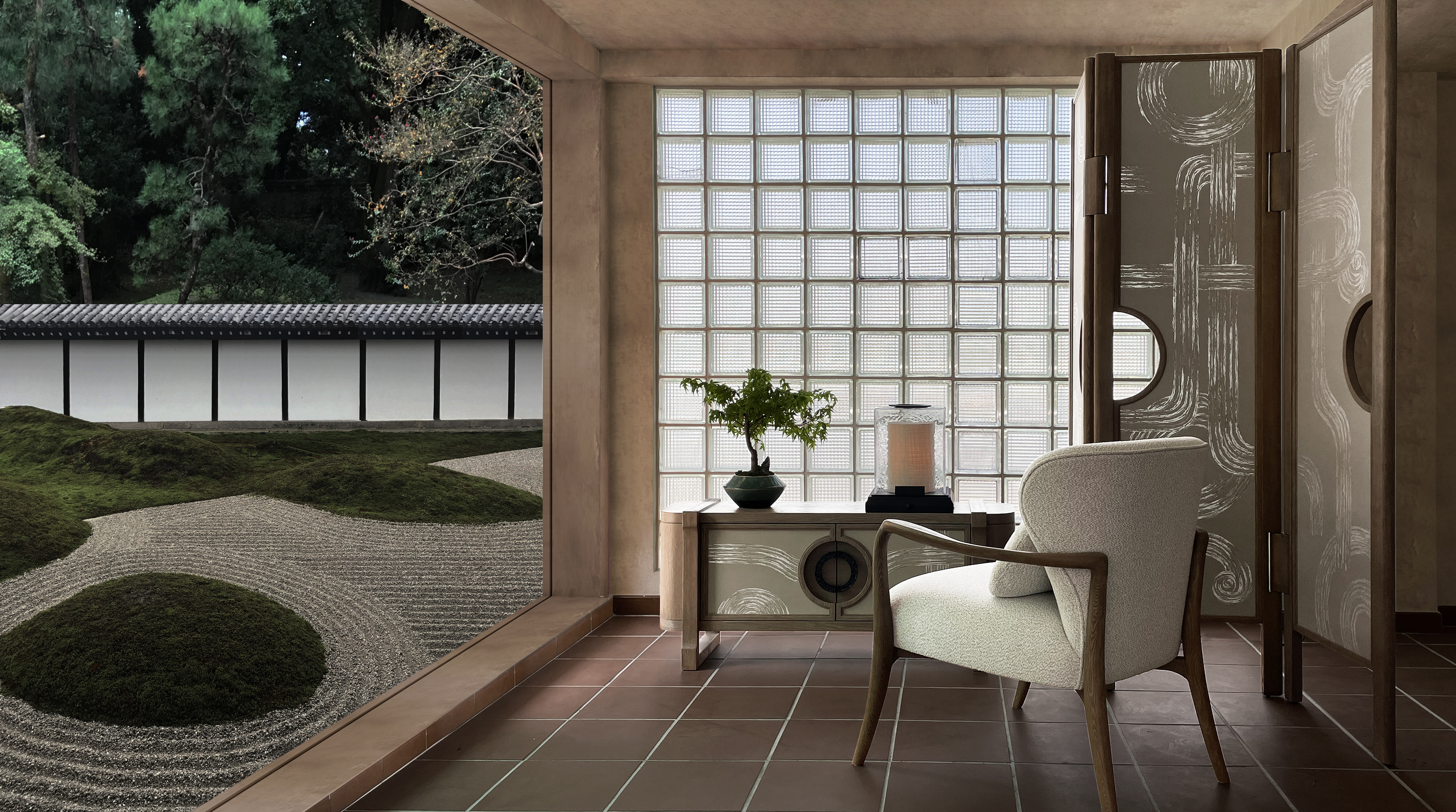 André Fu’s new furniture is inspired by Japanese gardens
André Fu’s new furniture is inspired by Japanese gardensAndré Fu Living’s Art Deco Garden is a collection of furniture, objects, wallcoverings and homeware inspired by Zen gardens and Art Deco